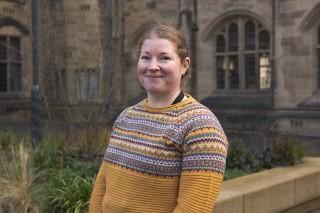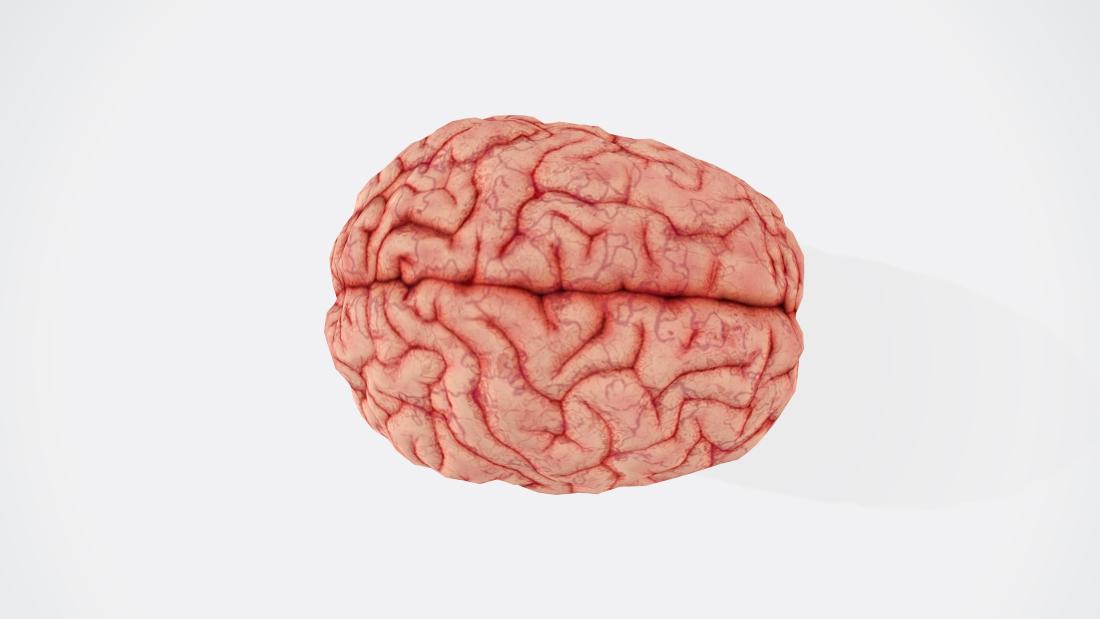About This Course
This is a part-time, level 7 postgraduate short course delivered online
Who is this Mental Health and Wellbeing online course for?
This course will be of particular interest to individuals and organisations dedicated to improving healthcare and community outcomes, including staff in Health, Housing, and Social Care Sectors e.g.:
- Healthcare Professionals: Doctors, nurses, medical practitioners, and support staff.
- Social Workers: Those working in social care and community services.
- Housing Professionals: Individuals involved in housing associations and policies.
- Aspiring Leaders: Individuals aiming for leadership roles within their respective sectors
Why study this Mental Health and Wellbeing?
Learning Outcomes:
- Debate the psychological and biological explanations and interventions for relieving mental distress and enhancing mental awareness, with critical evaluation of their empirical evidence base and potential risks
- Design appropriate Wellbeing interventions to enhance the resilience of the self and others
- Hold an applied understanding of the principles, practices, policies, and legislation associated with the promotion of mental Health and Wellbeing in future generations
- Synthesise psychological, Social, and pharmacological theories to analyse the continuum of mental health and wellbeing
How long does this course take to complete?
This course is delivered part-time over 5 months, usually during the first semester of the academic year (starting in September).
There will be 6 lectures of 2.5 hours each between January and April.
Learners will be required to commit 100 hours to this Short Course through a combination of online lectures, online workshops and self-directed study.
Tutor
Dr Carys Stringer

Following a BSc. in Economics obtained from the University of Warwick, Dr Carys Stringer undertook a PhD in Health Economics at Bangor University exploring the application of the capability approach in research involving carers of people living with dementia. Carys remained at Bangor University as a Research Fellow, working on the economic evaluations of several studies related to her primary research interests of dementia, ageing, carers, and public health. These studies included a mixture of psychosocial and service delivery interventions, spanning the health, social care and education sectors.
Carys has contributed to £1.3million worth of grant capture, including as the Principal Investigator on a Health and Care Research Wales Social Care funded Fellowship to explore the economics and social value of third sector support services for carers of people living with dementia and other cognitive conditions in Wales (2017-21), and a study evaluating the impact of the Health Precinct programme to promote physical activity in people with chronic conditions (2016-19). Dr Carys Stringer joined the AHEPW as a Lecturer in Preventative Health in 2021.
Course Content
What will you study on this course?
This short course will:
- Introduce the main concepts in Mental Health and Wellbeing;
- Provide opportunities to explore the topic by considering real-world case studies;
- Provide insights from a range of professionals;
- Consider mental ill-health (e.g. mood, anxiety, Trauma, abuse, etc.) and mental wellness (e.g. wellbeing, resilience, positive psychology, etc.)
Why study this course?
Learning Outcomes:
- Debate the psychological and biological explanations and interventions for relieving mental distress and enhancing mental awareness, with critical evaluation of their empirical evidence base and potential risks
- Design appropriate Wellbeing interventions to enhance the resilience of the self and others
- Hold an applied understanding of the principles, practices, policies, and legislation associated with the promotion of mental Health and Wellbeing in future generations
- Synthesise psychological, Social, and pharmacological theories to analyse the continuum of mental health and wellbeing
Course Cost
Entry Requirements
Prospective applicants should hold an undergraduate degree in a relevant subject (of 2(ii) or above), as well as a strong personal statement and reference(s) (academic and/or work related).
If you do not meet the academic requirements detailed above but have at least 3 years of relevant work experience and have evidence of recent study or professional development (to demonstrate an ability to study at level 6/7) we may consider your application.
Please contact the course lead to discuss further.
Level of English language skills
For International students,a IELTS score of 6.0 (with no element less than 5.5), or equivalent.
Application
How to Apply
Please make sure you read and follow the step-by-step application guide as this will specify which sections of the application form are compulsory for the type of course you want to apply for and save you time.
Please prepare the following information (in a Word document):
- Current employment details;
- Years of experience, and employment history (where relevant)
- Name of staff member and organisation that have approved your funding for this module.
This will speed up the process of completing the application form
To apply for this course, you need to create an account in our APPLICANT PORTAL
You will need access to the email address you specify while creating your account to confirm it.
After creating an account, you will see a homepage with several tabs:
- Personal
- Programme
- Info
- Contact
- Education
- Employment
- Language
- Finance
You need to complete all sections before submitting your application.
When a section is complete, a ‘tick’ symbol will appear below it.
- Click on ‘Non-graduating applications / Stand alone Modules’, then select ‘Non-graduating Postgraduate’.
- In the next section, select Non-Graduating Taught Modules in Health(NGGT/HEALTH) Click Save and Continue.
- On the next page, the default for the first question is Full Time. You need to change this to ‘Part time’:
- You now need to input the module code. Mental Health and Wellbeing : the code for on campus delivery in Bangor is ILA-4009, the code for the on-line delivery route is ILA-4909. This section must be completed for your application to be processed.
- You also need to state the start date. Please make your selection, then click ‘Save and Continue’.
- IMPORTANT: You do not need to write a personal statement to apply for this course. Instead, please upload the document including employment, experience and education information that you have created prior to starting the application that contains the name of your current employer, the number of years of experience you have, and your highest qualification to date. Click Save and continue.
You only need to enter the details of your highest qualification to date, e.g. if you have a postgraduate qualification, please only only include this.
You will be asked for evidence of the qualification. Please either upload a copy of your qualification if it's easily accessible, or upload the Word document again (that you prepared earlier).
Please scroll to the bottom of the page and click on ‘I have no employment history’ (as you have already provided this in your Word document).
If you are HEIW / Health Board funded, please answer the questions as follows:
- How will you finance your studies? Sponsored
- Exact name of funding authority: Health Board
- Country: United Kingdom
- Give details of the amount of the award? Fully funded.
- Sponsorship will cover: Tuition Fees
- Have you been awarded this funding? Please select ‘yes’ * Note that you will be required to upload evidence of the funding. If you wish to confirm ‘yes’ to this question, but do not have any written confirmation to upload, you can upload your Word document here again.
If you are self-funding, please provide all details as appropriate.

